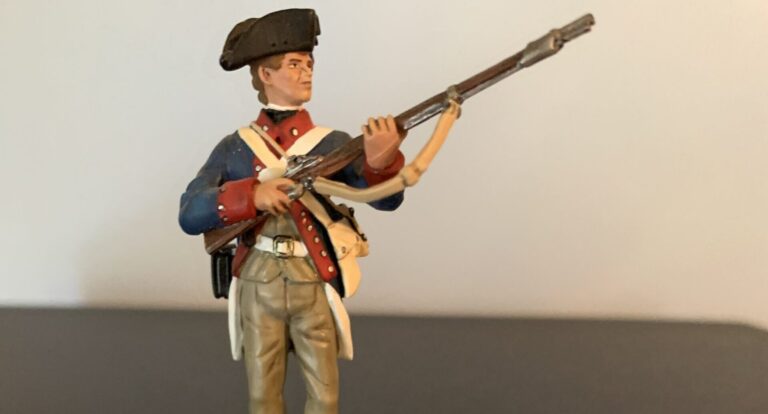Reminder: If you’re reading this in your email, you have to go to dpauthor.com and click on the Speaking of Which tab in order to view the actual blog post with the featured image.
Some 246 years ago this week, Lieutenant Colonel John Cropper of the 11th Virginia Regiment, then 23 years of age, wrote to his wife Margaret (Peggy) in Accomac County, Virginia, from the Continental Army’s encampment at Valley Forge, Pennsylvania. Peggy and their infant daughter Sarah were living on the north bank of Folly Creek on family land called Bowman’s Folly, on Virginia’s eastern shore. Cropper had been commissioned a captain in the 9th Virginia when the war began, and in 1777 as a major in the 7th Virginia. In September, he was wounded at the battle of Brandywine, and in 1778 General Lafayette appointed him lieutenant colonel in command of the 11th Virginia.
The Letter
Cropper’s missive to “My Dear Peggy” was written on May 10, 1778. It begins with an explanation of why he had been unable to come home “agreeable to the times promised in my last two letters,” owing to the fact that he had promised “at the time of getting leave, to stay until an officer of my rank should come, to care of General Woodford’s brigade, which I have commanded since his absence, ’till within these few days” that occurred.
The main part of the letter conveys sentiments that one might expect from a soldier long and far away from his family:
I beg you’ll have patience to go thro’ my absence with the same virtue and heroism, you have done. I think it too ridiculous to endeavor to convince you of my persevering in the same love I left you with, for I am sure my angel could never doubt my sincerity—I now anticipate the pleasure I shall shortly have in the company of my little daughter, and its mamma, how I will caress & fondle upon the sweet infant; but no more of that, the thoughts only make me unhappy, at the distance of 250 miles.
My most fervent prayer is that this may meet you & the dear daughter in the enjoyment of health, peace & prosperity—my esteem to our good sister, our mother & all other friends. I am, dear Peggy, yours until time shall be no more,
The colonel also reported on the troops’ celebratory activity, four days before he put pen to paper, in commemoration of the newly minted alliance with France:
The 6th instant was a day of rejoicing with our army, in which all the artillery & musketry of our army was discharged, and the three following toasts drank & huzza’d—
Long live the King of France
Success to the friendly European powers
Success to the United States of America,
and many patriotic songs, the whole was upon the court of France’s declaring us independent.
Cropper enclosed with his letter “a pair of clasps for my little girl, and a newspaper,” along with “a plain gold ring” for Peggy, “an exact fellow to which I have on my finger.” He asked her to accept the ring, which bore the first letters of his name, “as a sincere pledge of my faith & constancy.”
Postscript
In June 1778, Colonel Cropper commanded his regiment at the battle of Monmouth. He took a six-month furlough from the army that fall and returned to Bowman’s Folly to recuperate and spend time with Peggy and Sarah. The family survived a raid on their home in February 1779 by British soldiers from a nearby ship, and later that year the colonel was wounded in a Chesapeake Bay engagement.
After the war, Cropper lived the life of a gentleman planter and politician, serving in the Virginia House of Delegates and Senate and as lieutenant colonel of the 2nd Regiment of the Virginia Militia. In 1815, Cropper was commissioned brigadier general with the 21st Brigade of Virginia Militia. He died on January 15, 1821, at age 66.
For anyone who missed out on reading blog post no. 68 (Defining Victory in the Revolution—March 26, 2024) or wants to revisit what is essentially the same narrative, you’ll find it here in an article just posted in the Washington Crossing Historic Park blog. Much of it is adapted from my forthcoming book, Winning the Ten Crucial Days: The Keys to Victory in George Washington’s Legendary Winter Campaign.
